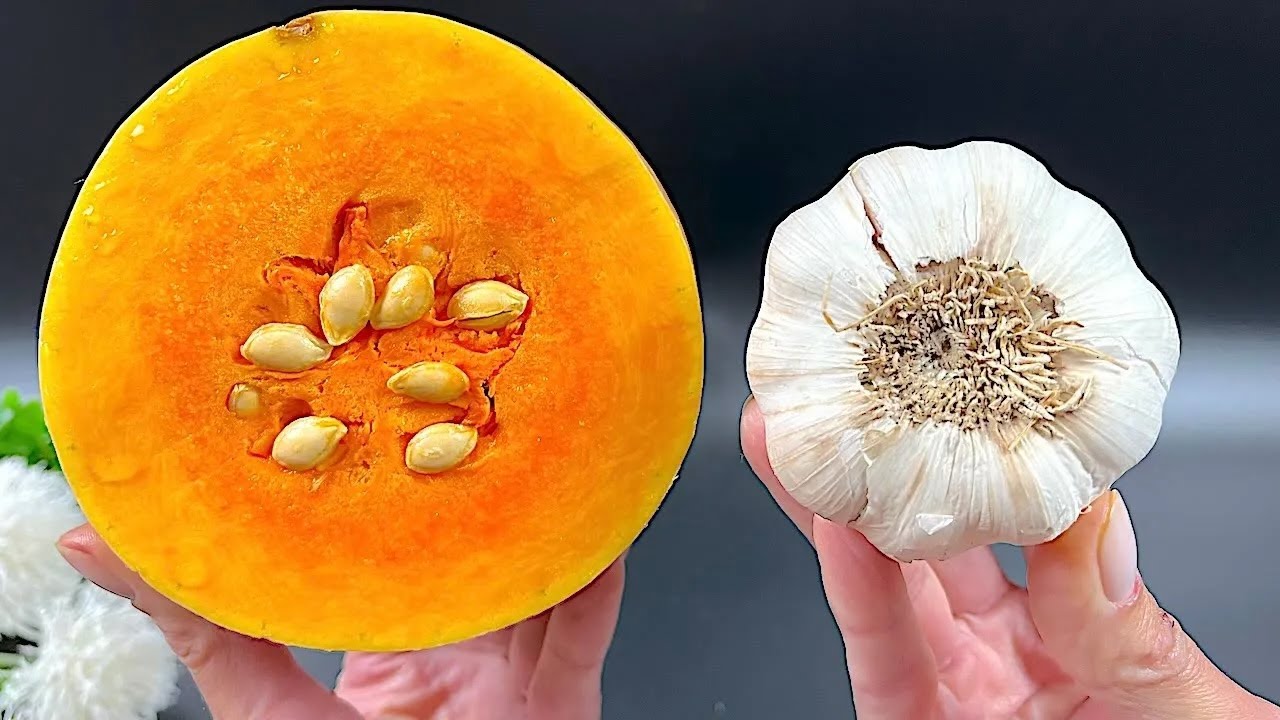
In an era where food authenticity is a growing concern, the topic of fake eggs has surfaced in discussions about food safety. Understanding how to identify and avoid fake eggs is crucial for ensuring the food on your table is genuine and safe. Here’s a helpful guide to keep you informed and protected from counterfeit eggs.
What Are Fake Eggs? Fake eggs are artificial creations that mimic the appearance and texture of real chicken eggs. They are often made from chemicals and other non-food substances designed to look and feel like real eggs. While not common in many regions, the existence of fake eggs has raised concerns among consumers worldwide.
How to Spot Fake Eggs:
-
Shell Inspection:
-
Appearance: The shell of a fake egg can sometimes look shinier or more perfect than a natural egg.
-
Texture: Real eggshells have tiny pores which are visible upon close inspection. Fake eggs typically lack these pores.
-
-
Check the Egg White and Yolk:
-
Separation: When cracked, the whites and yolks of fake eggs often blend together more seamlessly than in a natural egg.
-
Texture and Color: Fake eggs may have a yolk or white that is too uniform in texture and color, lacking the slight irregularities found in real eggs.
-
-
Smell Test:
-
Real eggs have a characteristic smell that is absent in fake eggs. If the egg has no smell or an unnatural, chemical odor, it could be counterfeit.
-
-
Water Test:
-
Drop an egg in a bowl of water. Real eggs usually sink, whereas fake eggs might float due to different density and material properties.
-
-
Shake Test:
-
Shake the egg next to your ear. A real egg will typically not make a sound, whereas a fake egg might produce a sloshing sound due to the different consistency of the liquid inside.
-
-
Heat Test:
-
When heated, the shells of fake eggs may emit an odor of burning plastic due to the chemicals used in their manufacture.
-
Why Avoid Fake Eggs? Fake eggs can contain harmful chemicals and are not meant for consumption. Eating these could pose health risks, so it’s important to ensure the eggs you purchase are genuine.
Where to Buy Safe Eggs: Always buy eggs from reputable sources—well-known grocery stores or local farmers’ markets where transparency and food safety are priorities.
Conclusion: Being aware of the existence of fake eggs and knowing how to identify them are key steps in protecting your health. Always stay vigilant about where your eggs come from and enjoy the peace of mind that comes with knowing your food is safe and authentic.




